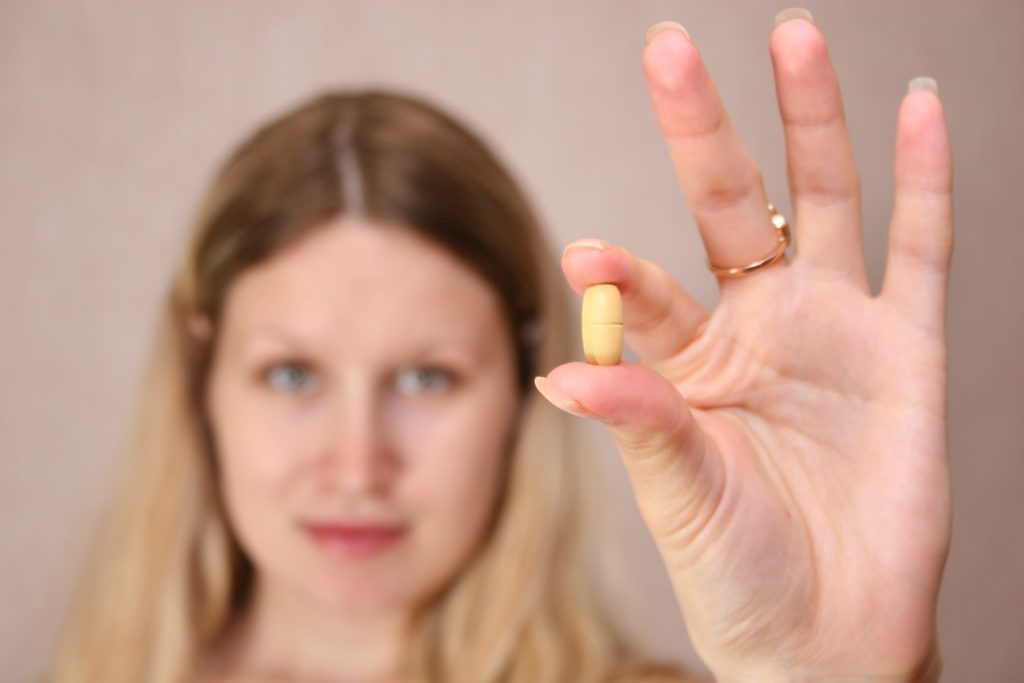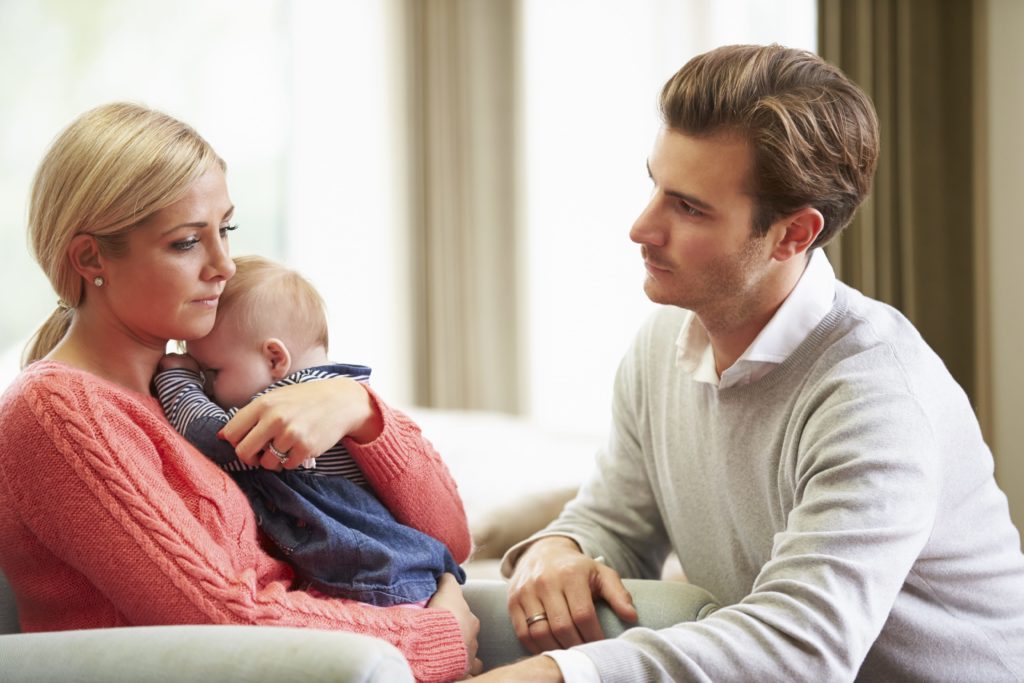If you’re the parent of a child or teen who takes antidepressants, you might want to get in touch with their doctor in light of new research that shows the medications are mostly ineffective and some potentially harmful. The stakes are high. The U.S. National Institutes of Health reports that in 2014, some 2.8 million 12- to 17-year-olds — about 11% of this population — had at least one major depressive episode. Research shows that some 90% of teens who commit suicide have a mental health problem like depression, anxiety or substance abuse. Deemed the most comprehensive examination ever of the use of antidepressants in young people, researchers at the University of Oxford in the United Kingdom found that of the 14 drugs commonly prescribed to children and teens, only one — fluoxetine (sold under the brand names Prozac and Sarafem) — was better at relieving symptoms of major depression in young children and teens than a placebo pill. In contrast, venlafaxine (Effexor) was linked to an increased risk of suicidal thoughts and suicide attempts when compared to a placebo and other antidepressants. The work was published June 8 in the British medical journal The Lancet. The review’s findings have “disturbing implications for clinical practice,” wrote Dr. Jon Jureidini of the University of Adelaide in Australia in an official commentary on the study.
Harm May Have Been Underreported
The research was a meta-review, meaning that it was a study of studies. It looked at the results of 34 clinical trials involving 5,260 participants (ages 9 to 18 years) who had been diagnosed with major depression. However, the quality of those trials was rated very low, which may have led to an underreporting of harms, the researchers said. The analysis, which was led by Dr. Andrea Cipriani at the University of Oxford, found that the majority of studies had a high risk of bias, making it impossible to fully understand the risk of suicide for all 14 antidepressants. Pharmaceutical companies paid for 65% of the clinical trials. Dr. Jureidini, a child psychologist, pushed for more transparency and open access to the data from psychiatric drug trials. “We doctors and researchers are failing to meet our obligation to research participants and to our patients, and we will only succeed if independent researchers such as Cipriani and colleagues are able to analyze individual patient-level data,” he wrote. But despite the limitations the authors highlight in the study, Dr. Cipriani said doctors shouldn’t refuse to prescribe medication. “We have an effective tool,” Dr. Cipriani said of Prozac. “There is also a risk of not prescribing drugs to patients who really need them.” However, he said psychological treatments such as cognitive behavioral therapy (CBT) should be tried before medication. In fact, international guidelines for major depression recommend starting with a non-drug approach like CBT. Not only does the evidence show such interventions work, but “with children and adolescents, we are talking about a developing brain, so we are always very cautious when prescribing medications because we don’t know the potential implications in the long term,” Dr. Cipriani told CBS News. The elevated risk of suicide in young people has been recognized before. In 2004 the FDA issued a black-box warning against the use of antidepressants in people under 24 because of concerns about increased risk of suicidality. A study released earlier this year found that antidepressants could lead to a higher risk of aggression, as well as increased risk of suicidal thoughts and attempts in young users.
Telltale Signs of Depression in Young People
Depression in children and adolescents often looks very different than depression in adults. Children with depression are more likely to complain of headaches and stomachaches than to say they are feeling sad. They may be irritable, tired, have difficulty concentrating and lose interest in favorite activities. Depression in teens can be more difficult to spot because surliness, irritability, negativity and withdrawal from family often go hand in hand with growing up. Watch for red flags like aggressiveness, substance use and poor grades.
How Parents Can Help a Depressed Child
The first step is to educate yourself. Depression is no one’s fault. Both developmental and biological factors contribute to this disorder. It is unhelpful, even counterproductive, for parents to blame themselves or their child for his or her depression. If you are seeing symptoms of depression in your son or daughter, the next first step is to take them to their primary care doctor or a local medical center where they can receive an assessment and/or be referred to a psychologist, psychiatrist or mental health worker. You may also wish to speak to a counselor at your child’s school. Sometimes a teen might not want help. In this case, explain to them that you are concerned and perhaps give them information to read about depression. There are many outstanding websites designed for young people, as well as online and telephone counseling services. It’s important for them to know that depression is common in their age group and that there are people who can help.
Positive Outcomes
Most young people treated for depression recover. That’s the really good news. However, because about half of young people, particularly girls, will relapse, it’s important to keep watching your child for symptoms. To guard against the return of depression, experts recommend six months of continuation phase CBT. Research shows continued therapy reduces the risk for relapse by eightfold compared with medication alone. Here’s how therapy sessions are usually arranged:
- During the acute or active phase of major depression, experts say young people should have psychotherapy every week for six months.
- Once symptoms have lessened or are no longer present, therapy can be reduced to twice a month for three months.
- After that, once-a-month “booster” sessions are recommended for three or more months.
Some young people will have just a single episode of depression and that’s it. But if the disorder recurs, that doesn’t mean the treatment failed or that your child failed. You just start therapy again, but this time you’ll be armed with knowledge about the disorder and know professionals who can help. This should make relapse much easier to manage.






